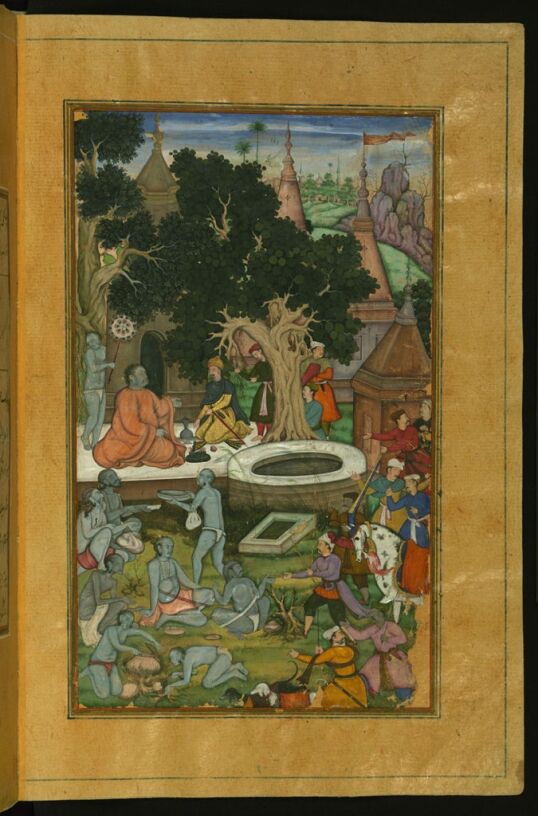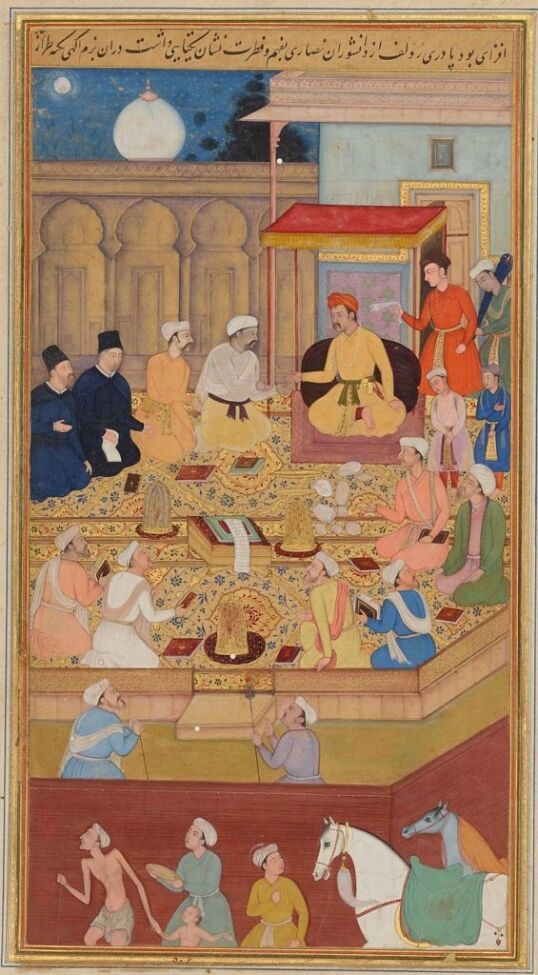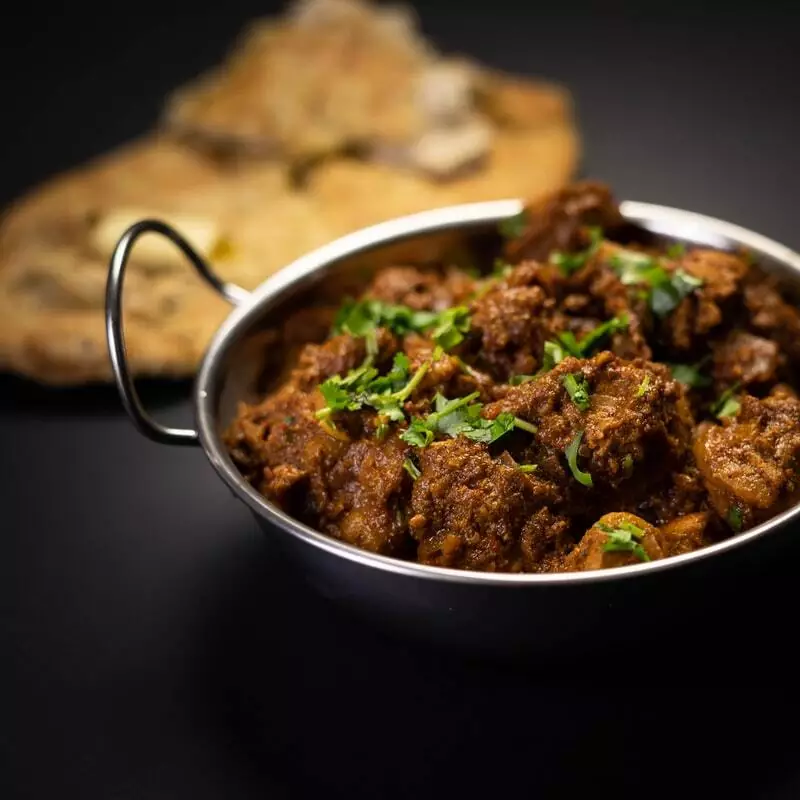What is Pasanda?
Understanding Spices
Your cart is empty.
SUBTOTAL
£0.00

Understanding Spices
Here on the blog at Seasoned Pioneers, we’ve covered some of the great Indian Curries: Balti, Madras and Korma. While the Pasanda is much less known, it’s every bit as good. In fact, we think it’s criminally underrated! Next time you’re at your local Indian restaurant or looking to cook up something originating from the Indian subcontinent, why not make it this?
The Pasanda has been around for a while. In fact, to find the origin of this dish, we must head back to the 16th century. The Pasanda was a staple at the courts of the Moghul Emperors (particularly or turco-mongol origin). They ruled Indian through a Muslim Persianate dynasty and birthed many, many great dishes.


What is interesting about the Pasanda is how much it reveals – not just in taste but in showing the history of the Kayasths – a unique community on the subcontinent whose culture and food reflected the upper class of India during this time. The Kayasths were the courtiers to the Mughal kings. They weren’t royalty, but they were a privileged community. It is the use of Pasanda that reflects this upper class.
Courtly cultures from this time traditionally played around with culinary ingredients that were rich, exclusive and hard to come by. That’s why a dish like Pasanda stands out – it has more ‘finesse’ about it than those rough and hardy ways other bolder dishes were concocted. Indeed, even the word ‘Pasande’ means ‘favourite’ in the Urdu language and this links to the fact that the dish must always be prepared with the finest cuts of goat or lamb meat.
There are even earlier indicators of the dish being around in the 12th century, with a very similar-sounding dish being mentioned in the Manasollasa – an ancient text composed by King Someshvara III. It reads like a modern-day encyclopedia, covering topics such as politics, governance, ethics, economics, astronomy, astrology, rhetoric, veterinary medicine, horticulture, perfumes, food, architecture, sports, painting, poetry and music.
In this text, the dish mentioned talks of the pounding of fine meat until they become thin, before being cooked with yogurt buji. It’s very similar to how Pasanda is made today. One must take the goat or lamb meat from the thigh and flatten it with a wooden mallet. After the meat is cut and flattened, it is marinated with yogurt, chili powder and many other spices and seasonings.
Next, after a few hours of marinating, the meat is placed in the saucepan and cooked up with onions, chillies and coriander, frying for anywhere between 30 minutes to an hour. Lastly, the dish is garnished with almonds, which may give the alternative the name of ‘Badaam Pasanda’ (Badaam means almonds). The result is a dish that’s loaded with fragrant spices, a lovely, mellow hint of almond and punches of fresh coriander.
Of course, nowadays there are many variants. Cheaper options such as chicken or even seafood can be utilised in place of goat or lamb. However, the dish will always remain fruity and creamy, leading it to often be compared to Korma, despite being a lot tangier in flavour. Next time you’re in an Indian restaurant, have a look and see if you can find it on the menu.
Alternatively, why not try making it at home? We’ve got two great Pasanda recipes right here for you! One is for a lamb (or chicken) Pasanda and the other is a hybrid Balti Chicken Pasanda. We also put together our own special Pasanda spice blend that makes use of roast and ground white cumin, black peppercorns, ground turmeric root, hand-selected clove buds, green cardamom pods, fenugreek leaves, crushed red chillies, cinnamon bark and black cardamom pods.

Understanding Spices
Spices have long been integral to the UK's culinary landscape, adding depth, flavours, and richness to a myriad of dishes. From the pungent aroma of cumin in Indian curries to...
Read MoreUnderstanding Spices
Confetti is an essential part of any wedding day. Not only is it a wonderful way to greet a newlywed couple, but it also provides some beautiful photo opportunities. The...
Read MoreSeasonal Ideas
It’s no secret that any handmade gift will always be more special than a store-bought one. Homemade food gifts are especially wonderful, a labour of love that shows someone you...
Read MoreHealth and Wellbeing
It’s no secret that winter’s cold and gloomy weather makes us crave indulgent dishes like fondue and baked goods like sticky toffee pudding and apple crumble. While Christmas is the...
Read More